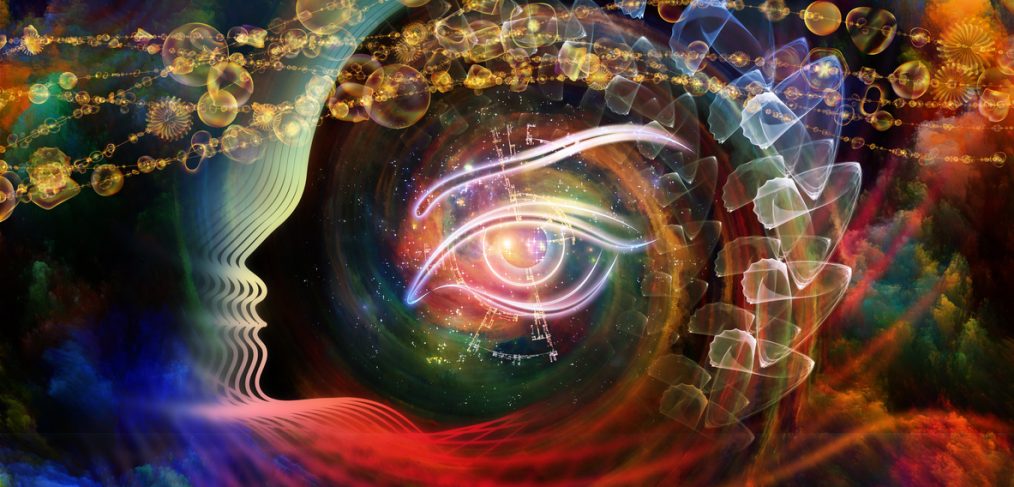I am a liar.
I’ve been one my whole life. It hasn’t gotten me into trouble or hurt anyone, but I feel like it has hurt me. I probably don’t lie any more than most, but I’m uncomfortable with the amount of lying I do. Some of my lying is “good lying,” and some is bad. Some of my lying is adiaphorous (or so I tell myself), but I don’t think any lying sits squarely on the fence. Even if it isn’t harmful to others, it makes me more comfortable with lying. I mainly lie for convenience; it’s rarely malevolent. That doesn’t mean it’s not bad; it just means it’s not significantly harmful—or so I tell myself. Lots of my lies are lies of omission, and most of those lies are good lies; they spare someone’s feelings or make a process move along more quickly. They are instances when telling the truth would serve no useful purpose or would do harm. But some instances involve keeping secrets related to an inconvenient or embarrassing truth. Most of these secrets are harmless—or so I tell myself.





